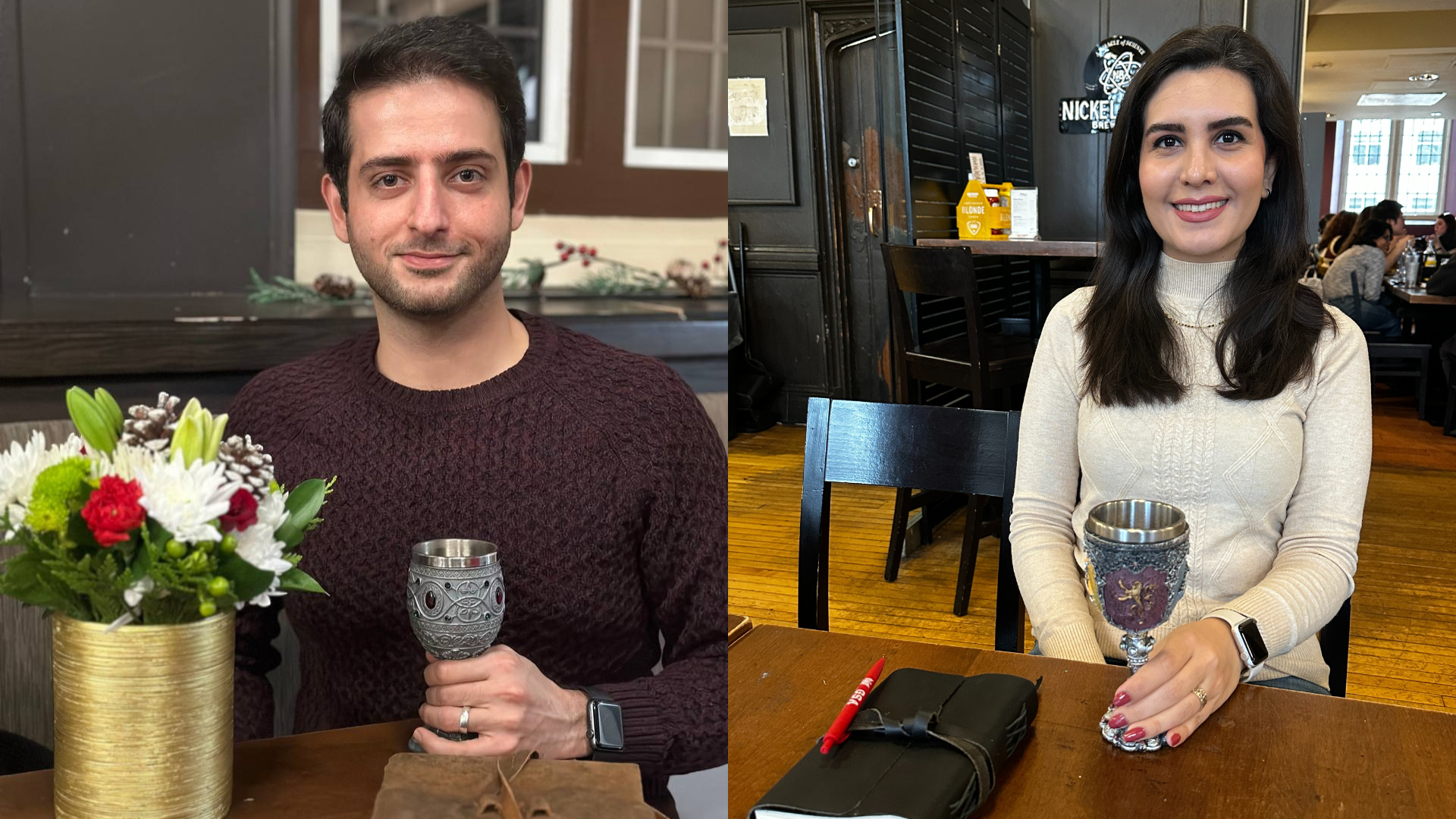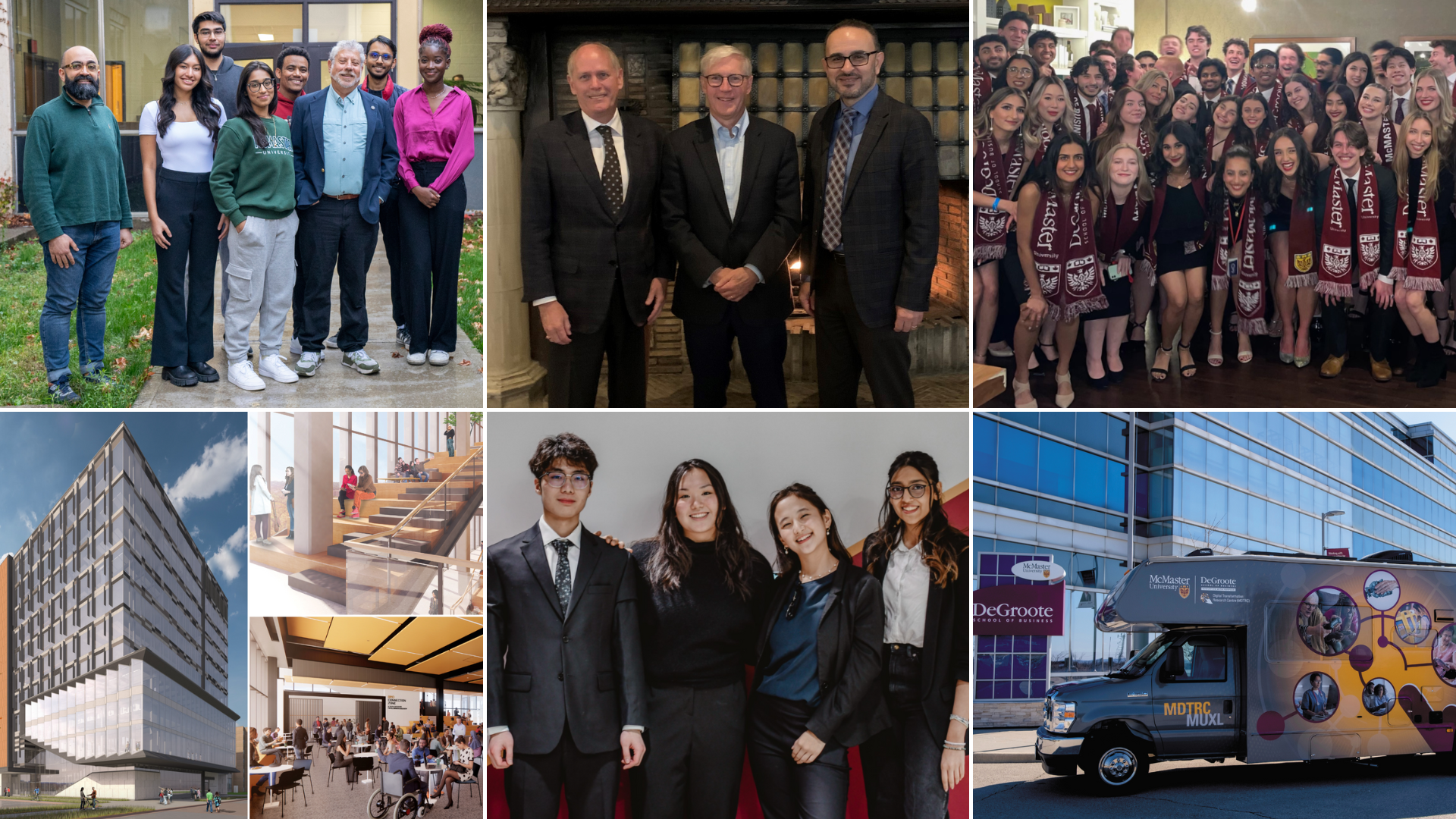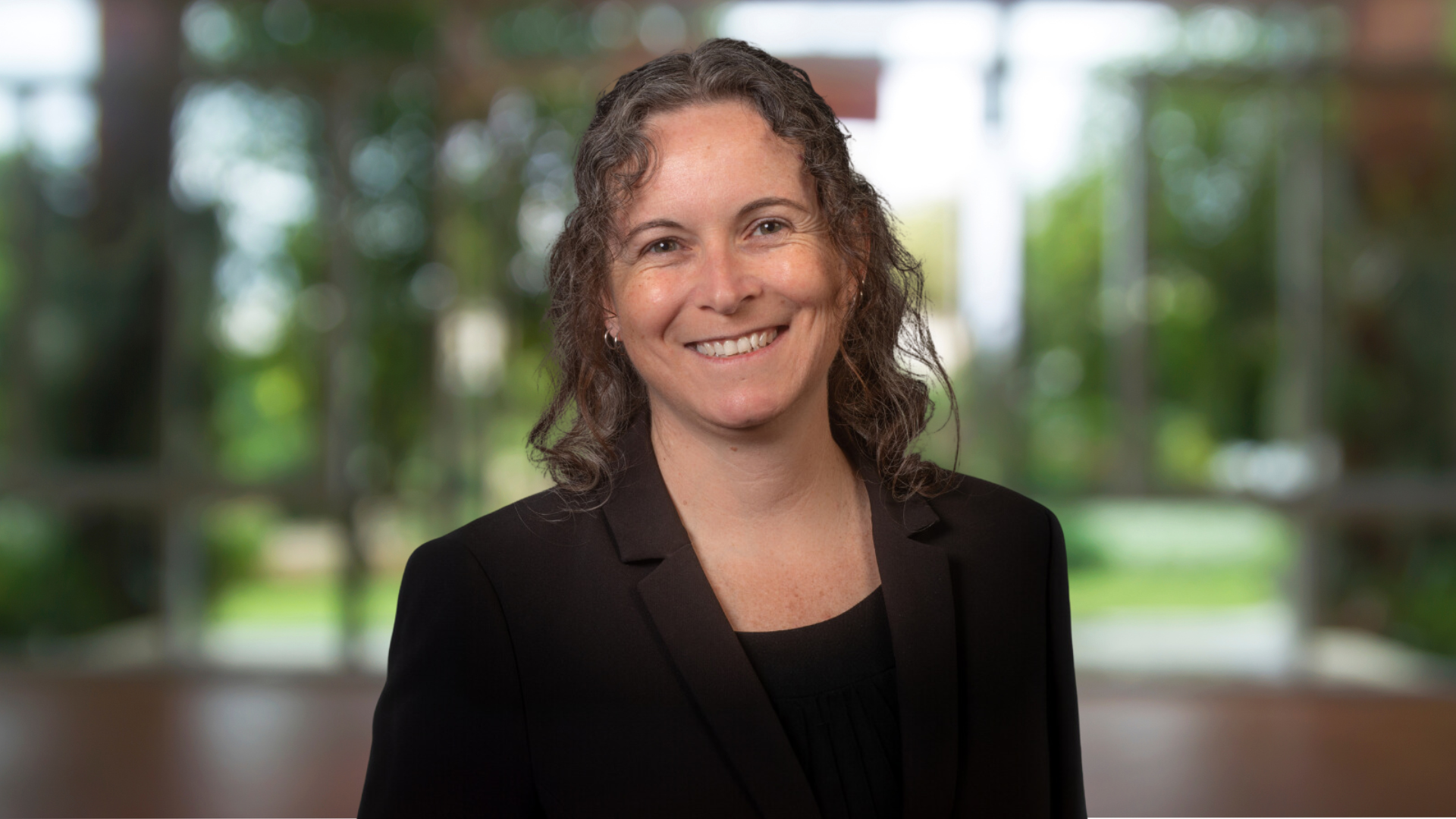In the News: Identifying fake news requires actively open-minded thinking
June 20, 2023 ·
Contributed by: The Suburban

The spread of fake news over social media networks is often described as a threat to democracy, one that has corroded our faith in our institutions and deepened divisions within societies. But why are so many people quick to believe it?
A new paper led by a Concordia researcher and published in the Journal Information & Management provides insight into why people fail to identify fake news and offers a potential method to help them detect it.
The study’s authors are Mahdi Mirhoseini, an assistant professor in the Department of Supply Chain and Business Technology Management at the John Molson School of Business, and his co-authors Spencer Early, Nour El Shamy and Khaled Hassanein from McMaster University. They write that people who display what is known as actively open-minded thinking (AOT) — that is, actively seeking out information that may contradict one’s pre-existing beliefs — are more likely to correctly identify a fake headline. They also note that showing people that they are falling for fake news helps them avoid it in the future.
“We wanted to compare two sometimes competing theories that explain why people believe fake information,” Mirhoseini says. “The first is classical reasoning, which says that people who think critically will eventually arrive at the truth. The second is motivated reasoning, which says that people will remain agents of their ideology no matter how much cognitive effort they spend. They will justify the evidence based on a way that is consistent with their ideology.”















